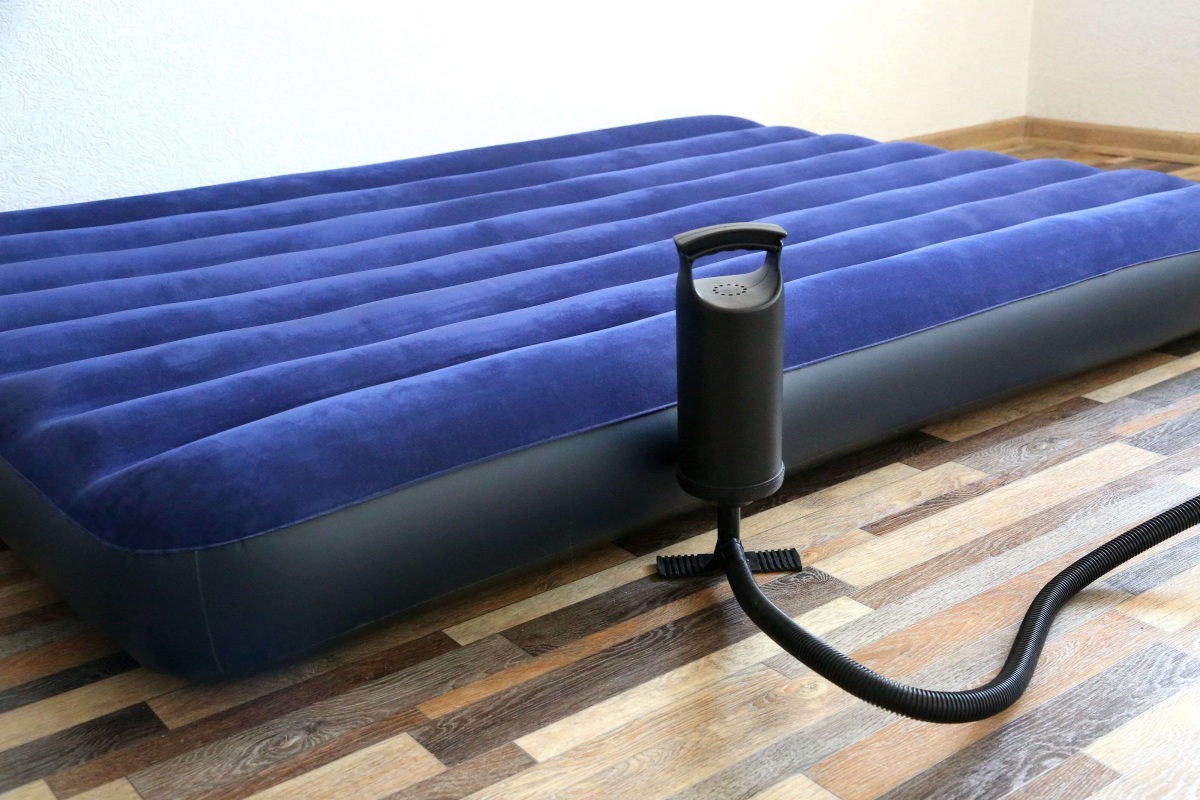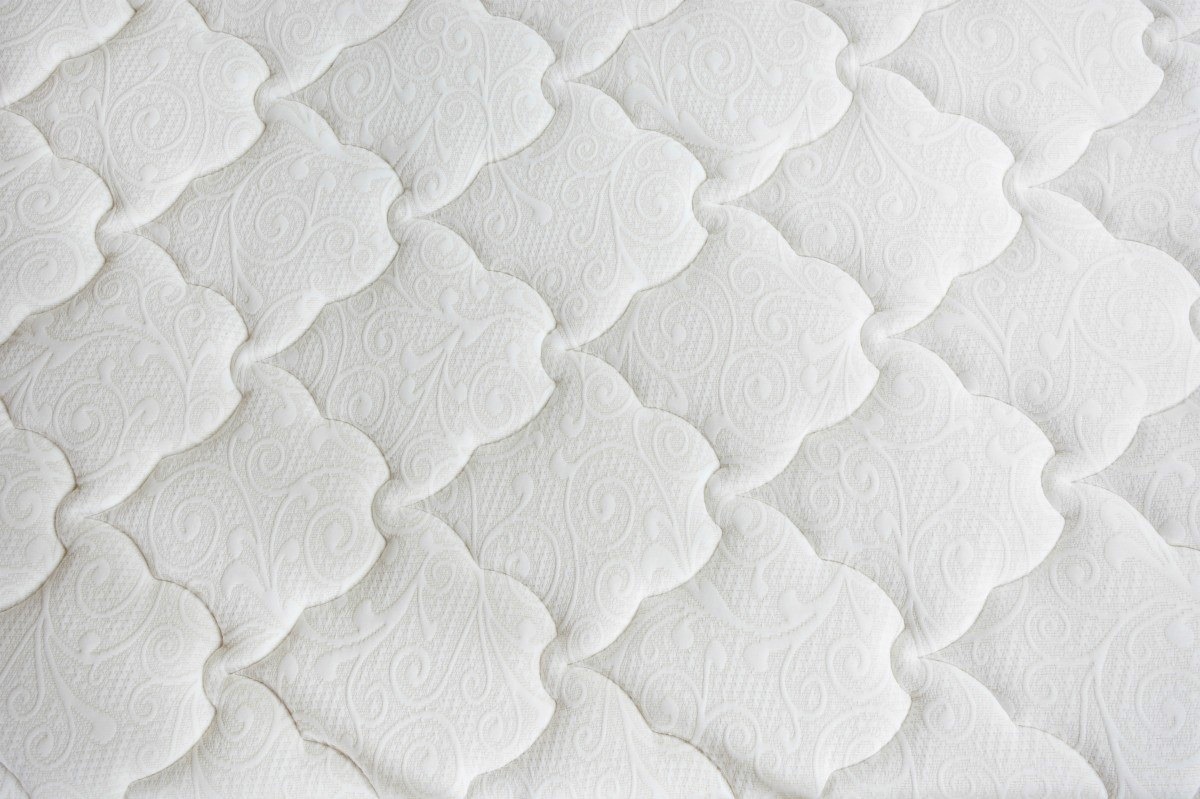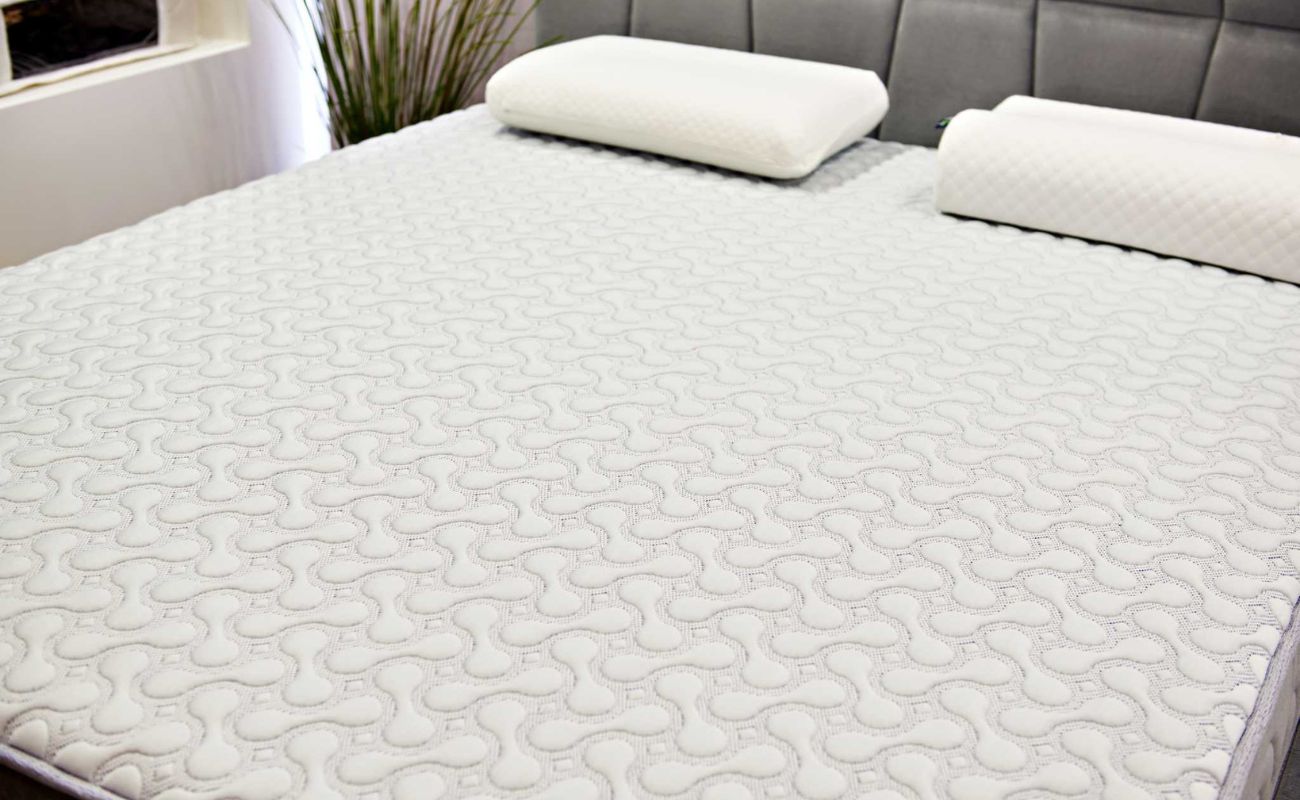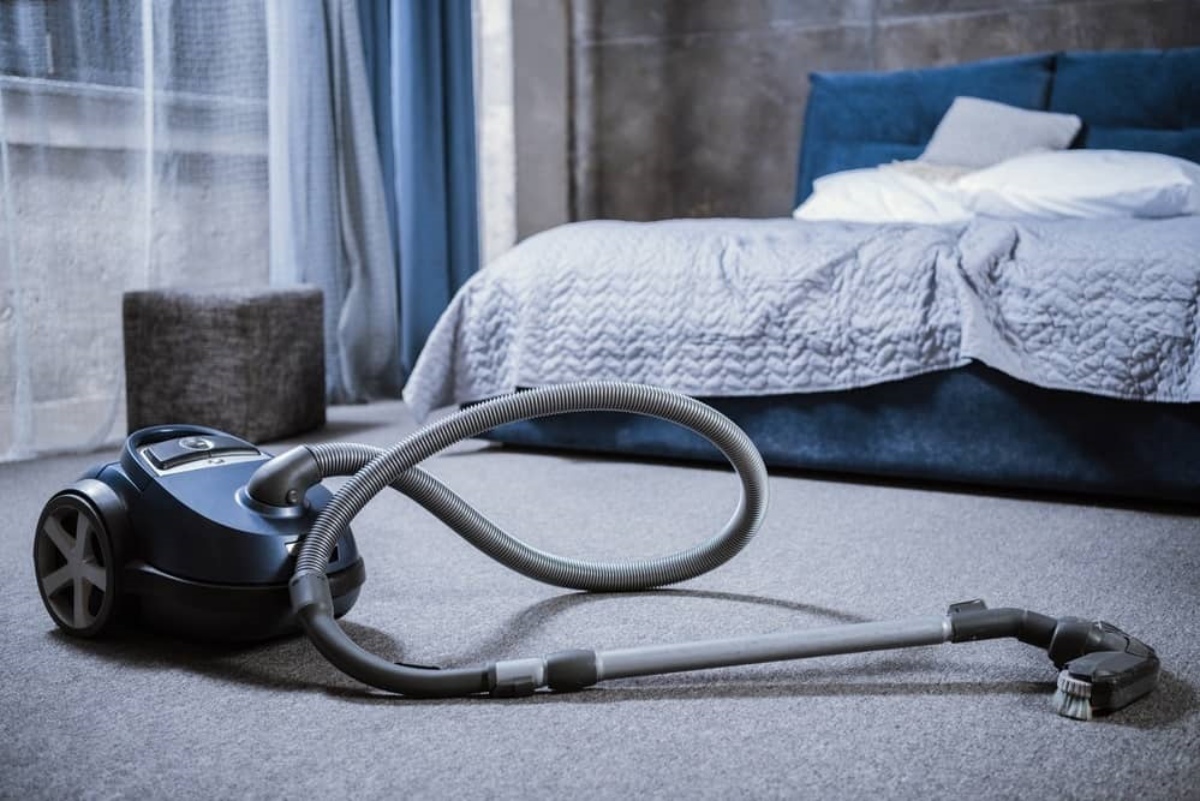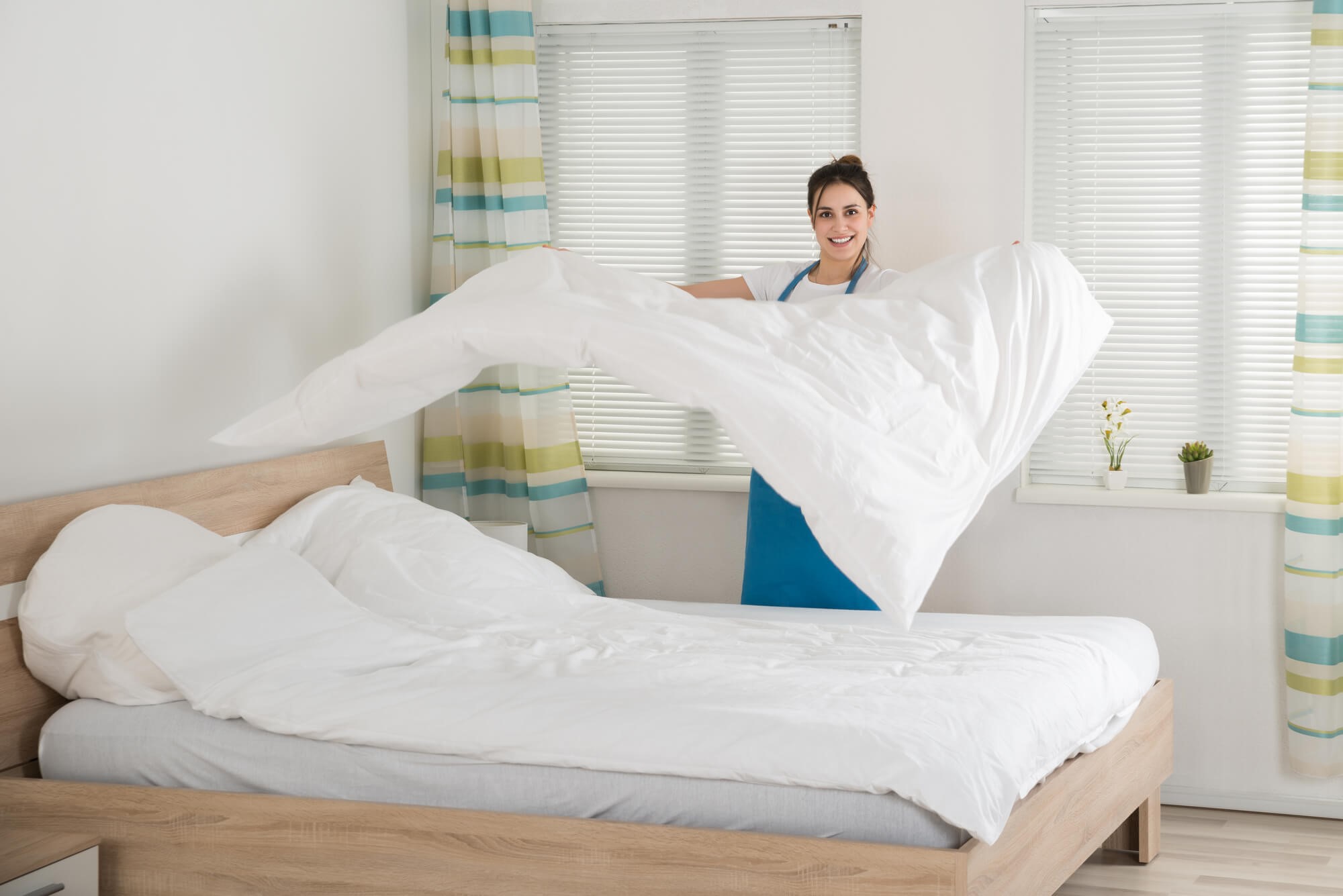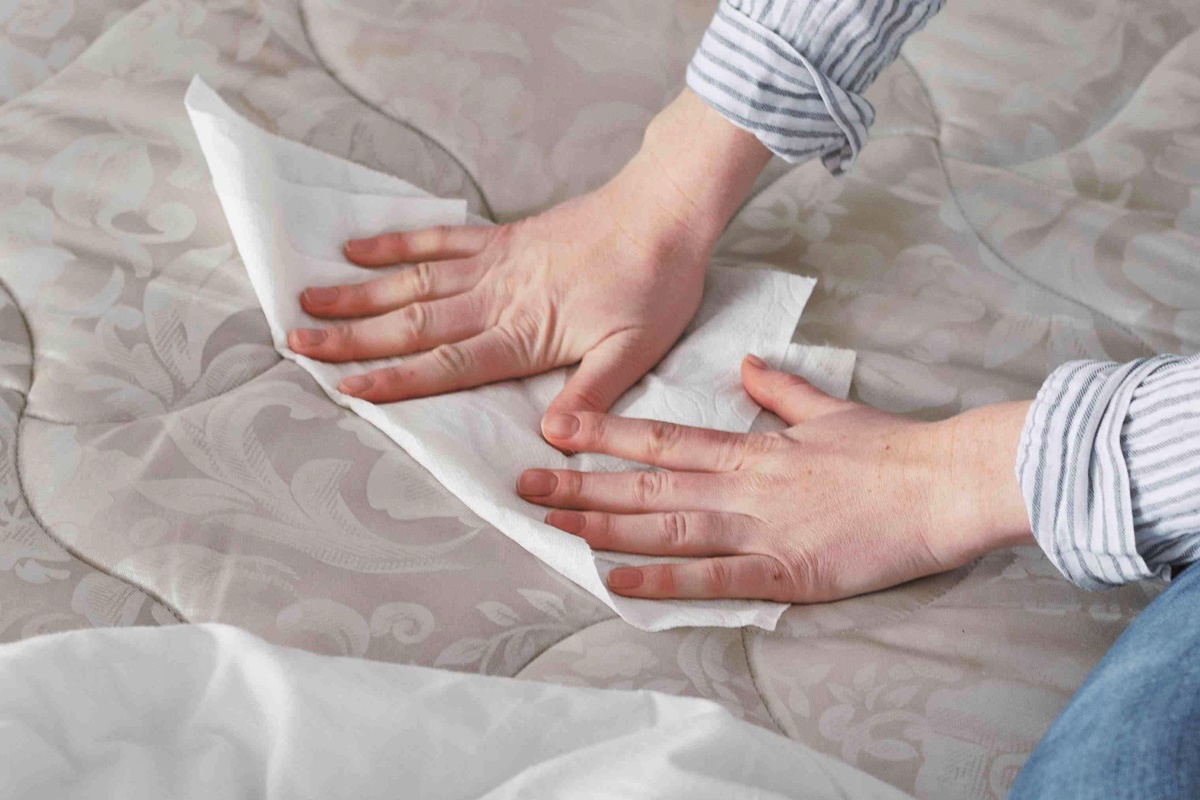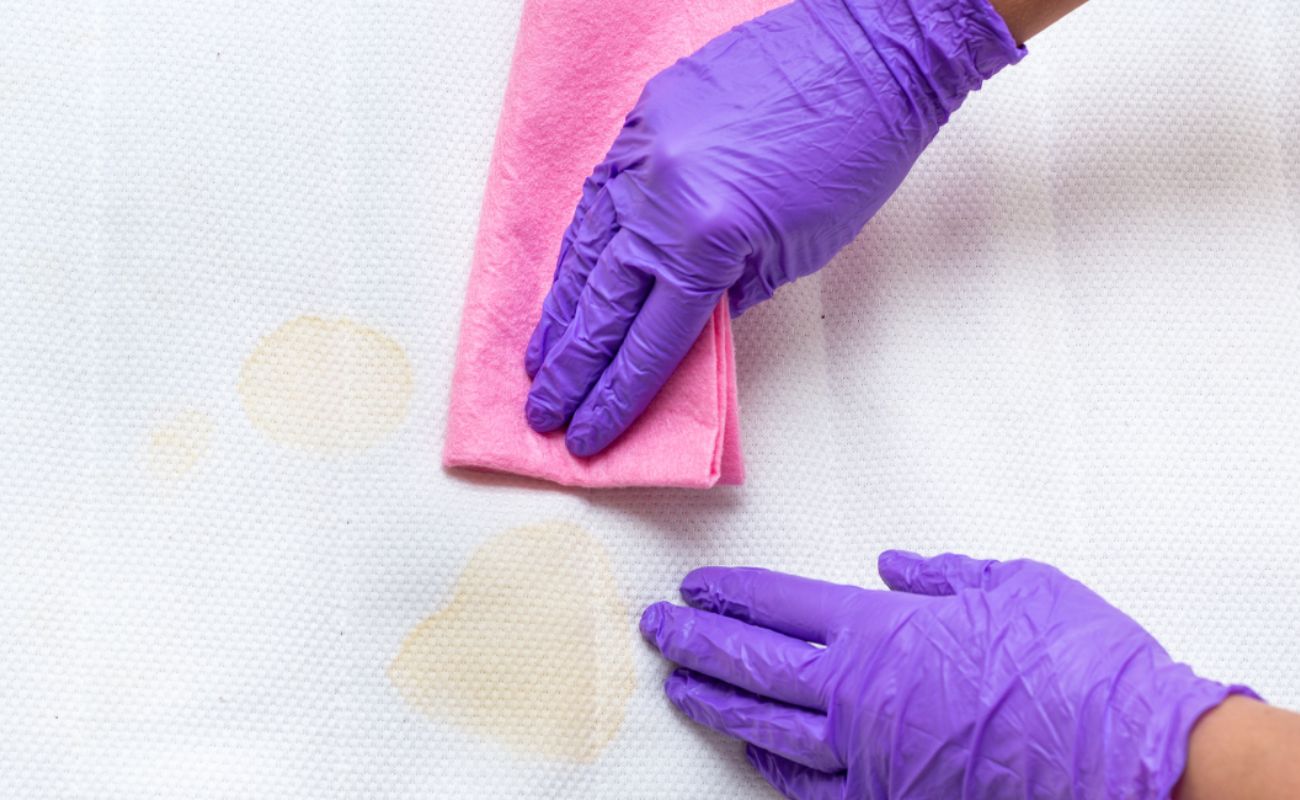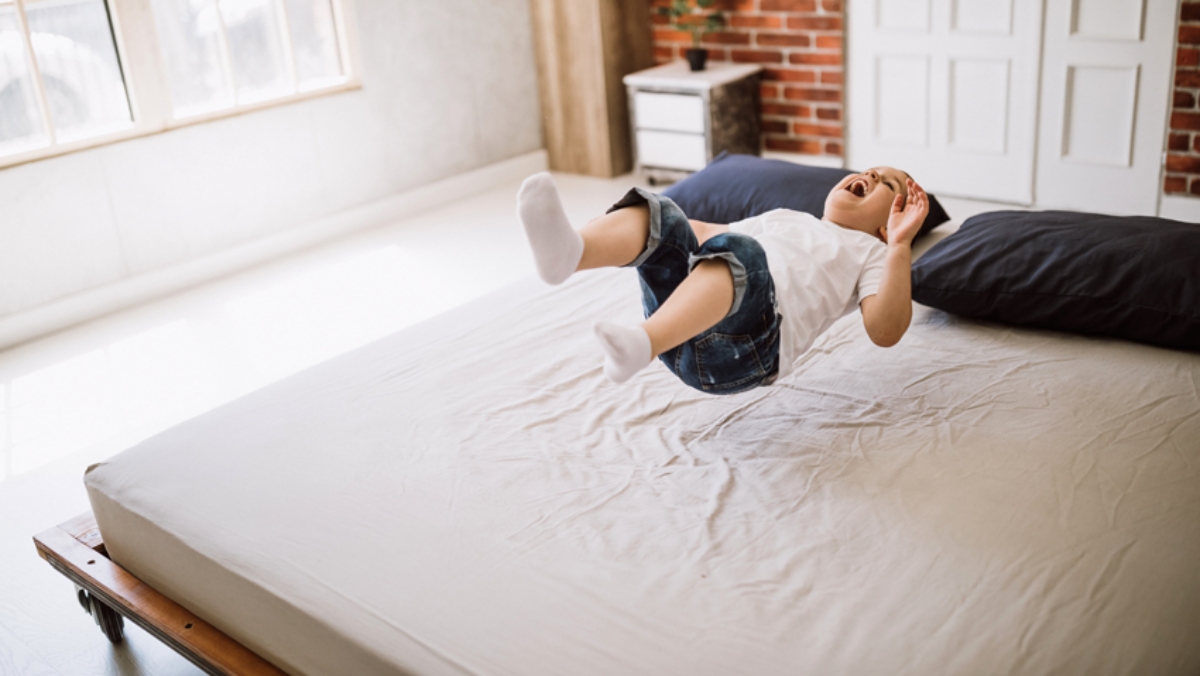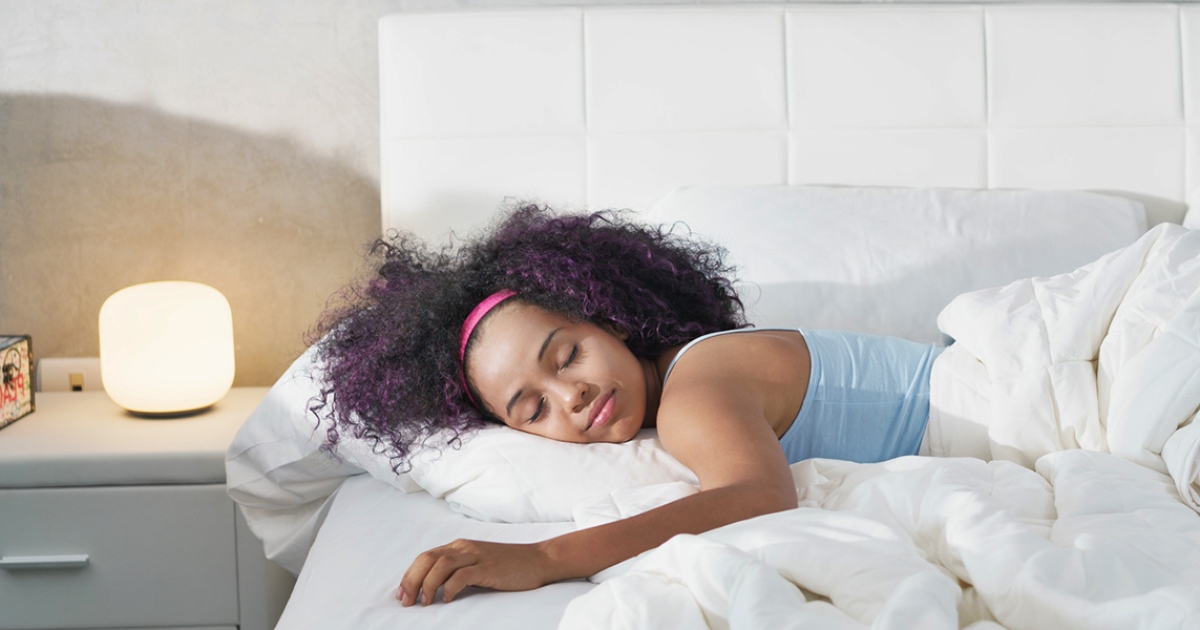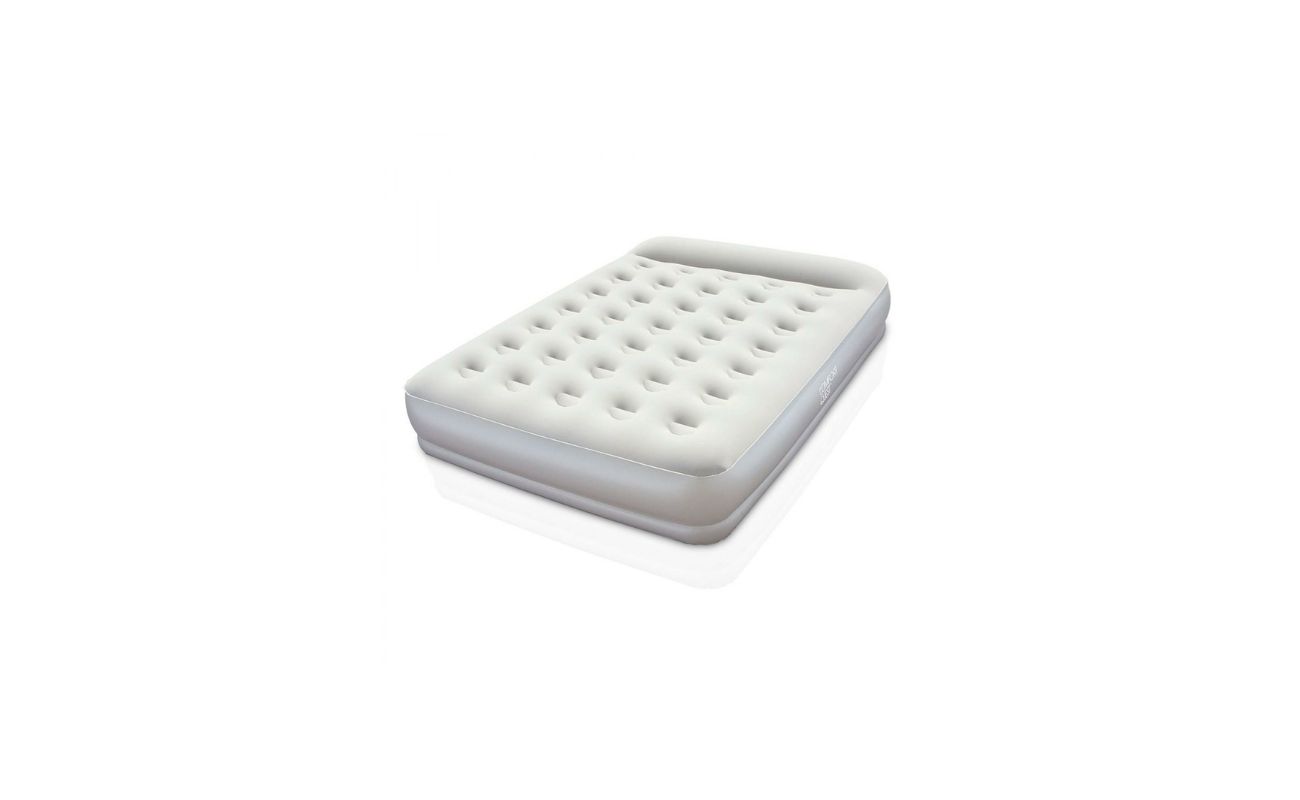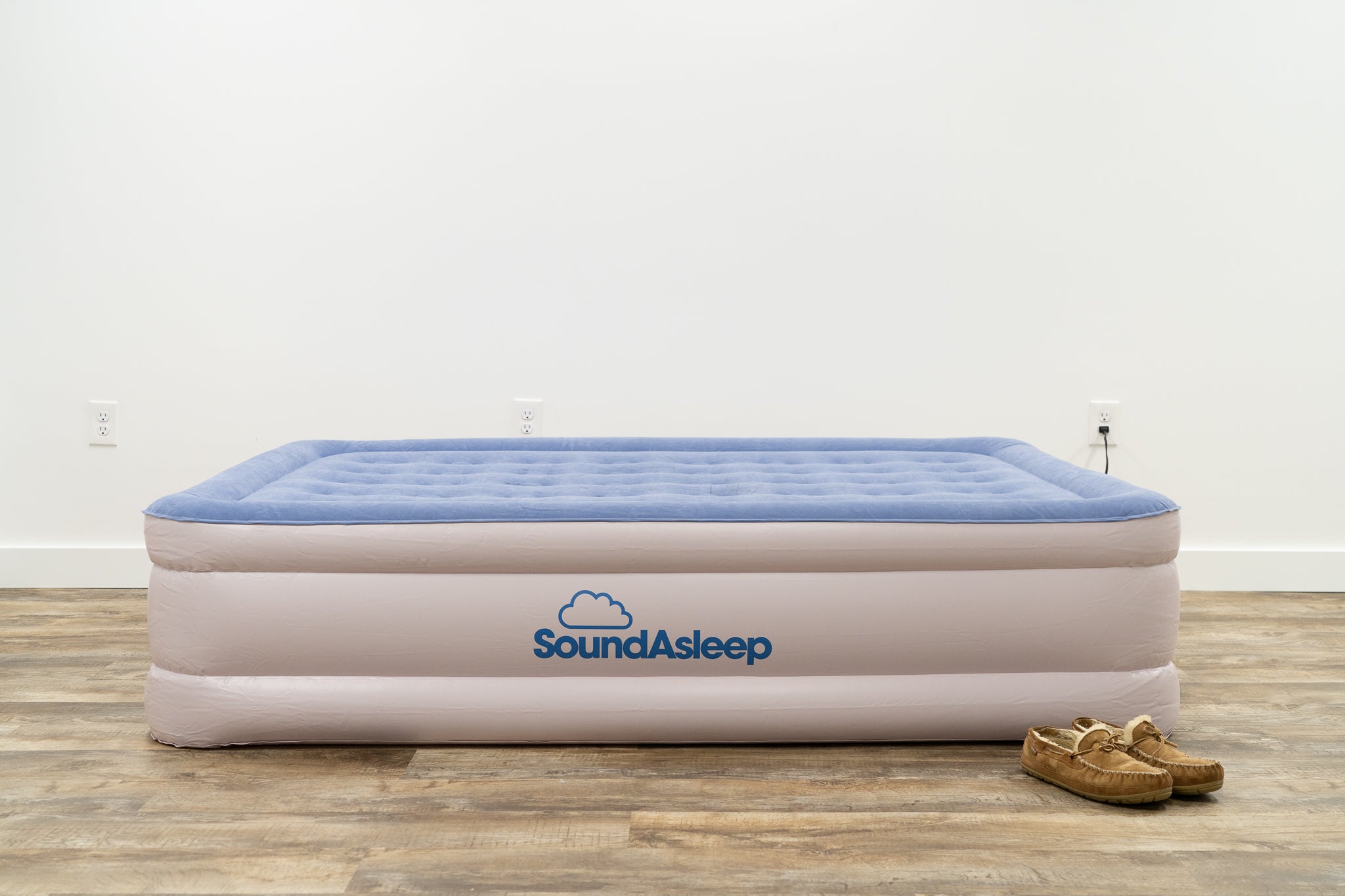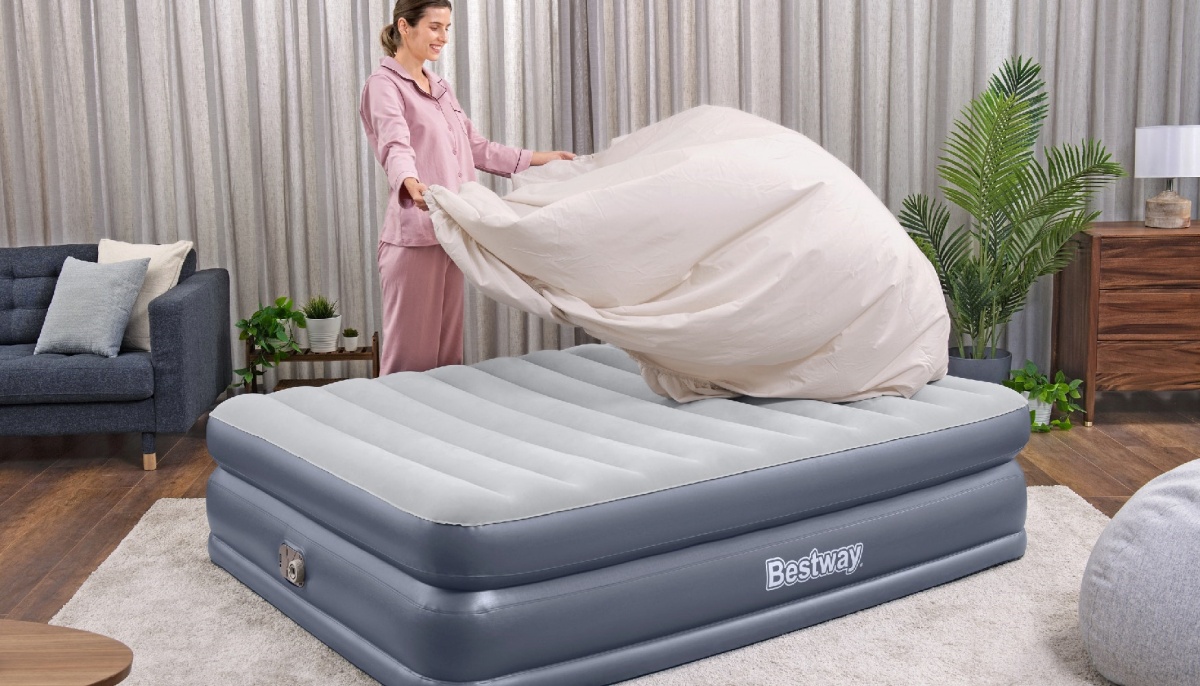Home>Furniture>Bedroom Furniture>How Long To Air Out A Mattress
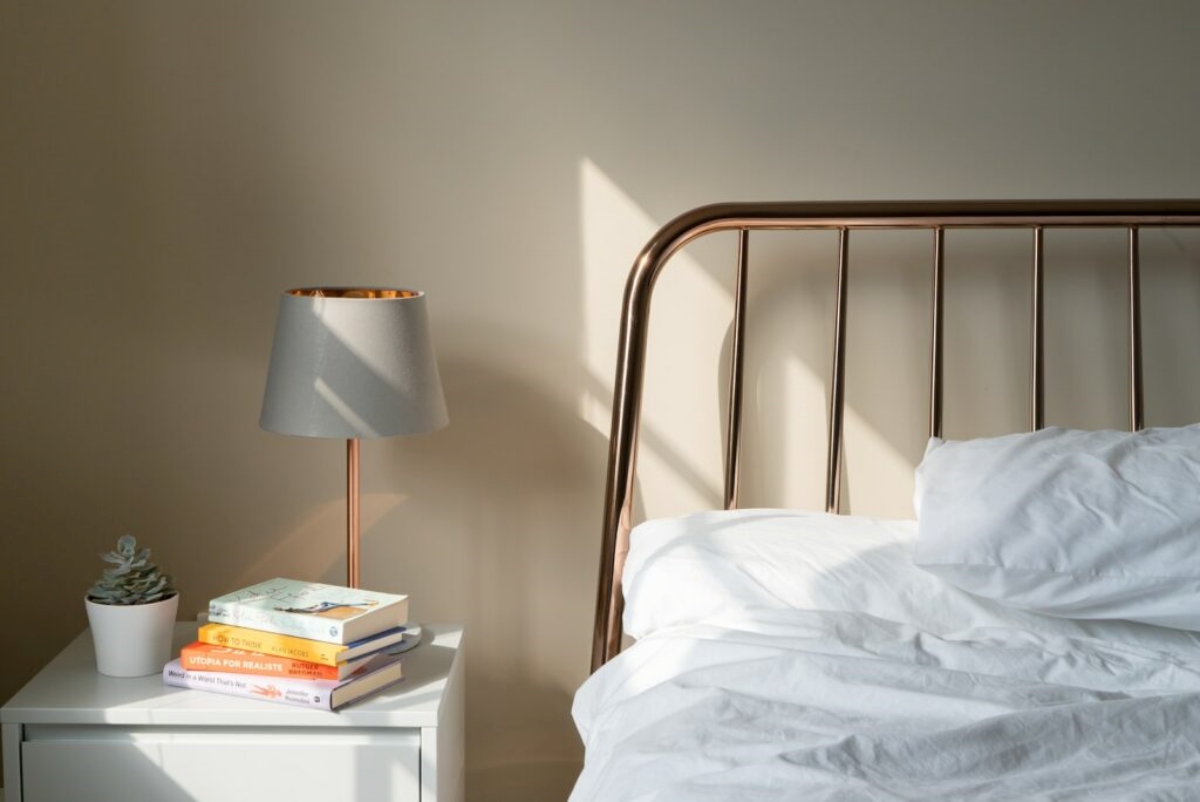

Bedroom Furniture
How Long To Air Out A Mattress
Modified: December 12, 2023
Discover the best ways to air out a mattress in your bedroom. Find out how long it takes and keep your bedroom furniture fresh and clean.
(Many of the links in this article redirect to a specific reviewed product. Your purchase of these products through affiliate links helps to generate commission for Storables.com, at no extra cost. Learn more)
**
Introduction
**
When you bring home a new mattress, it's natural to be eager to set it up and enjoy a restful night's sleep. However, before you can fully appreciate the comfort it offers, it's crucial to allow the mattress to "air out." This process involves allowing the mattress to release any lingering odors or off-gassing from the manufacturing and packaging materials. While the idea of airing out a mattress may seem straightforward, there are several factors that can influence the duration of this process. In this article, we'll explore the various aspects that affect how long it takes to air out a mattress and provide valuable tips for expediting the process. By understanding these factors and following the recommended guidelines, you can ensure that your new mattress is fresh, clean, and ready for a peaceful night's sleep.
**
Key Takeaways:
- Give your new mattress time to “air out” to eliminate odors and off-gassing. Memory foam may take 24-72 hours, while innerspring may need 12-48 hours.
- Speed up the airing out process by ventilating, controlling temperature, using natural purifiers, and being patient. Enjoy a fresh mattress sooner!
Read more: How Long To Air Out A Memory Foam Mattress
Factors Affecting Air Out Time
Several factors contribute to the duration required for a mattress to air out effectively. Understanding these factors can help you gauge the expected timeline and make necessary adjustments to expedite the process:
- Material Composition: The composition of the mattress plays a significant role in the airing out process. Memory foam mattresses, for example, may retain odors from the manufacturing and packaging materials, requiring a longer airing out period compared to traditional innerspring mattresses.
- Chemical Off-Gassing: Many mattresses, especially those with foam layers, undergo a process called off-gassing, where volatile organic compounds (VOCs) are released. This off-gassing can contribute to the initial odor of a new mattress and impact the time required for it to air out completely.
- Environmental Conditions: The environment in which the mattress is placed for airing out can affect the duration of the process. Factors such as temperature, humidity, and ventilation play a crucial role. A well-ventilated room with moderate temperatures can expedite the airing out process.
- Duration of Storage: The length of time the mattress has been in storage or transit can influence the duration of airing out. Mattresses that have been tightly packed for an extended period may require more time to release any trapped odors.
- Manufacturing Processes: Variations in manufacturing processes, including the types of adhesives and materials used, can impact the intensity of initial odors and the time required for the mattress to air out thoroughly.
By considering these factors, you can gain insight into the variables that influence the airing out process of a new mattress. This understanding will guide you in determining the appropriate timeframe and optimizing the conditions for effective odor elimination.
Recommended Time to Air Out a Mattress
While the duration for airing out a mattress can vary based on the factors mentioned earlier, there are general guidelines to help determine the recommended time for this process:
- Memory Foam Mattresses: Memory foam mattresses typically require a longer airing out period due to their composition and the potential for off-gassing. It is advisable to allow a memory foam mattress to air out for approximately 24 to 72 hours to ensure that any initial odors dissipate.
- Innerspring Mattresses: Innerspring mattresses, known for their coil support systems, may require a shorter airing out period compared to memory foam mattresses. Allowing an innerspring mattress to air out for 12 to 48 hours in a well-ventilated room can help eliminate any residual odors.
- Hybrid Mattresses: Hybrid mattresses, which combine memory foam layers with innerspring support systems, may benefit from an airing out period of 12 to 72 hours. The duration can vary based on the specific materials used in the hybrid construction.
- Natural Latex Mattresses: Natural latex mattresses, prized for their eco-friendly and durable nature, typically have minimal off-gassing. Airing out a natural latex mattress for 6 to 24 hours in a well-ventilated space is often sufficient to address any faint odors.
It is important to note that these recommended airing out times serve as general guidelines. Factors such as individual sensitivity to odors, the intensity of initial off-gassing, and personal preference for a completely odor-free mattress can influence the decision to extend the airing out period beyond the suggested timeframe.
By following these recommendations, you can ensure that your new mattress is fresh, clean, and free of any residual odors, providing you with a comfortable and inviting sleeping surface.
To air out a mattress, it’s best to leave it in a well-ventilated room for at least 24-48 hours. This allows any odors or moisture to dissipate, leaving your mattress fresh and clean for use.
Tips for Speeding Up the Airing Out Process
While the recommended airing out times provide a general framework, there are several proactive measures you can take to expedite the process and ensure that your new mattress is ready for use in a shorter timeframe:
- Optimal Ventilation: Place the mattress in a well-ventilated room with access to fresh air. Opening windows and using fans to promote air circulation can help accelerate the dissipation of odors.
- Temperature Control: Maintain moderate room temperatures, as heat can encourage the release of odors. Avoid placing the mattress in excessively warm or cold environments during the airing out period.
- Natural Air Purification: Utilize natural air purifiers such as activated charcoal or baking soda to absorb odors. Placing these substances near the mattress can aid in neutralizing lingering smells.
- Sunlight Exposure: If feasible, allow the mattress to receive indirect sunlight. Sunlight can help break down odors and freshen the mattress fabric, contributing to a faster airing out process.
- Use of Air Purifiers: Consider using air purifiers with activated carbon filters to help capture and eliminate airborne odors within the room, expediting the overall airing out process.
- Regular Monitoring: Periodically check the mattress during the airing out period to assess any lingering odors. This allows you to make adjustments as needed to expedite the dissipation of odors.
- Patience and Time: While proactive measures can speed up the airing out process, it is essential to exercise patience and allow the recommended timeframe for thorough odor elimination. Rushing the process may result in residual odors persisting in the mattress.
By implementing these tips, you can actively contribute to expediting the airing out process and ensuring that your new mattress is ready for use in a timely manner. These proactive measures, combined with the recommended airing out times, can help you enjoy the comfort of your new mattress with confidence and peace of mind.
Conclusion
Successfully airing out a new mattress is a crucial step in ensuring a fresh and comfortable sleeping environment. By considering the factors that influence the airing out process, understanding the recommended timeframes for different mattress types, and implementing proactive measures to expedite the process, you can effectively eliminate any initial odors and enjoy the full benefits of your new mattress.
Remember that patience and diligence are key during the airing out period. While it may be tempting to expedite the process, allowing the recommended timeframe for thorough odor elimination is essential to ensure the best sleeping experience.
By following the guidelines and tips provided in this article, you can confidently navigate the airing out process and look forward to restful nights on a fresh, clean, and inviting mattress.
**
Frequently Asked Questions about How Long To Air Out A Mattress
Was this page helpful?
At Storables.com, we guarantee accurate and reliable information. Our content, validated by Expert Board Contributors, is crafted following stringent Editorial Policies. We're committed to providing you with well-researched, expert-backed insights for all your informational needs.
